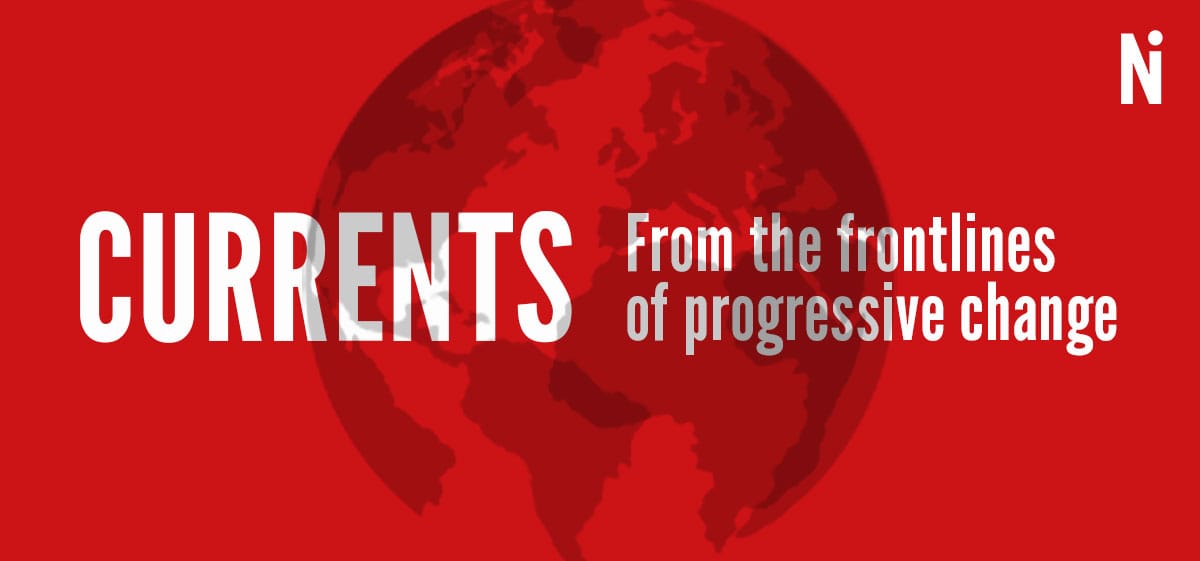Bangladeshi film screenings highlight people-powered resistance
Subi Shah in London

Two documentaries about last year’s student uprisings in Bangladesh were screened at various locations in London this week, highlighting the human toll of the ousting of ex-Prime Minister Sheikh Hasina.
Tens of thousands of students took to the streets of Dhaka last summer to protest Hasina’s 15 years of authoritarian rule. The uprisings quickly turned violent, and 1,400 people were killed by government security forces.
‘My younger brother was 17 and he was shot in the thigh … we couldn’t get him medical care for four days,’ said Nowshin Noor, a lawyer and Chevening Scholar who spoke on a panel as part of the screenings shown in the Houses of Parliament in Westminster. ‘Being a student under Sheikh Hasina’s government was seen as a crime.’
Bangladeshi academics, filmmakers, politicians and human rights experts also gathered at SOAS, University of London, and the Frontline Club for the international premiere of Deepak Kumar Goswami Speaking. Narrated and directed by a member of Bangladesh’s Hindu minority, the film delves into the dangers of misinformation and religious intolerance during times of uprising.
‘This story is not just about one country…it’s about the global networks that allow authoritarian regimes to hide wealth, suppress dissent and manipulate international opinion – and what happens when those systems begin to unravel,’ says Goswami.
Other films screened this week were Jatrabari: Evidence of atrocities, a forensic documentary that reconstructs police violence through raw mobile phone footage, and an excerpt of July Women, about the women on the frontline of the 2024 uprisings.
Farrukh Dhondy, a lifelong human rights activist who spoke on a panel alongside Noor, told New Internationalist that the rise of far right governments around the world is the result of ‘dog-whistle’ policies and anti-immigration rhetoric that ‘pander to public attitudes and prejudices’. But, he points to the Bangladesh uprisings as an example of how people can resist.
‘Taking to the streets in protest can get rid of corrupt governments which persecute opposition and suppress the truth in order to obtain and horde wealth,’ he said.
In an inquiry released in February, the UN said that Hasina’s Awami League’s systematic attacks on participants in the 2024 protests may constitute crimes against humanity and has called for urgent further criminal investigation. The League remains officially registered as a political party and could still run in the next election, set for late 2025 or early 2026.
📰 Read photojournalist Shahidul Alam’s comment on what the world can learn from the Bangladeshi movement as well as NI contributor Oliur Sun's personal account of going into hiding during the 2024 protests
📺 Watch Jatrabarti: Evidence of atrocities, a forensic analysis of Bangladeshi police killings using mobile phone footage
📹 Follow Raka Noshin, the filmmaker behind July Women
Read the latest issue of New Internationalist
Like what you've read? Support us with a tip
Looking for more? Listen to our podcast The World Unspun
Shop ethical goods at our very own Ethical Shop

